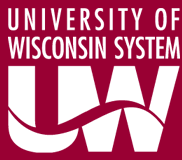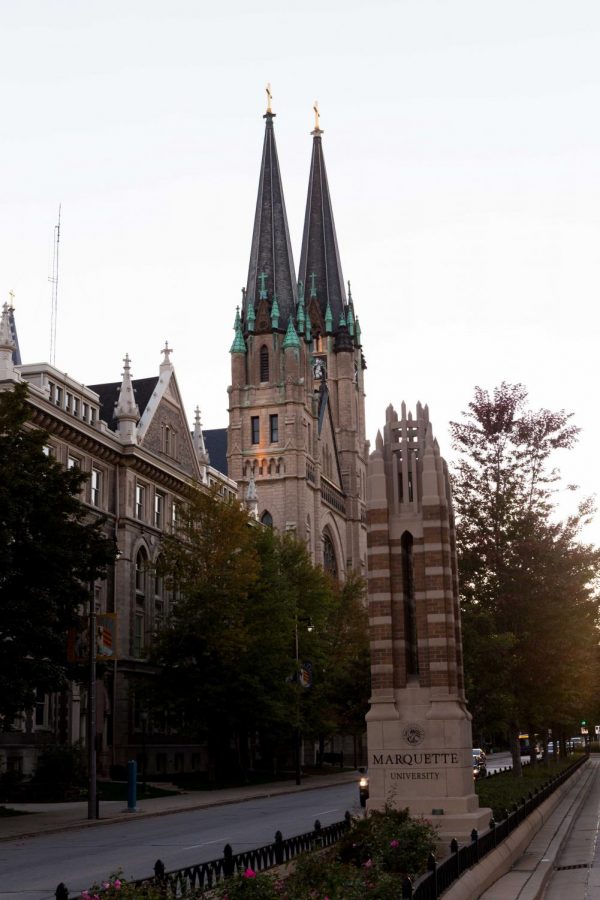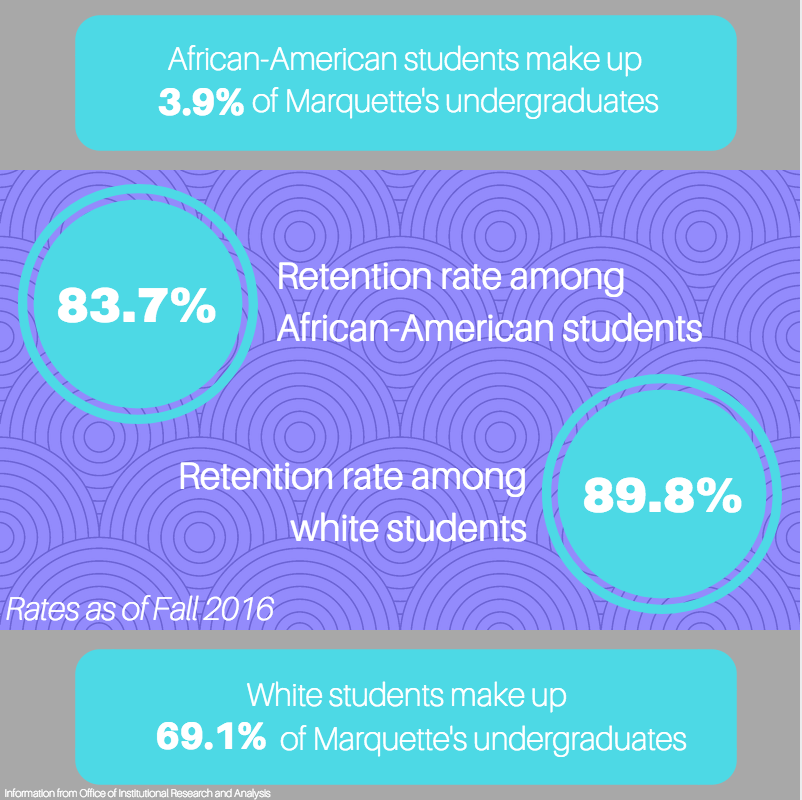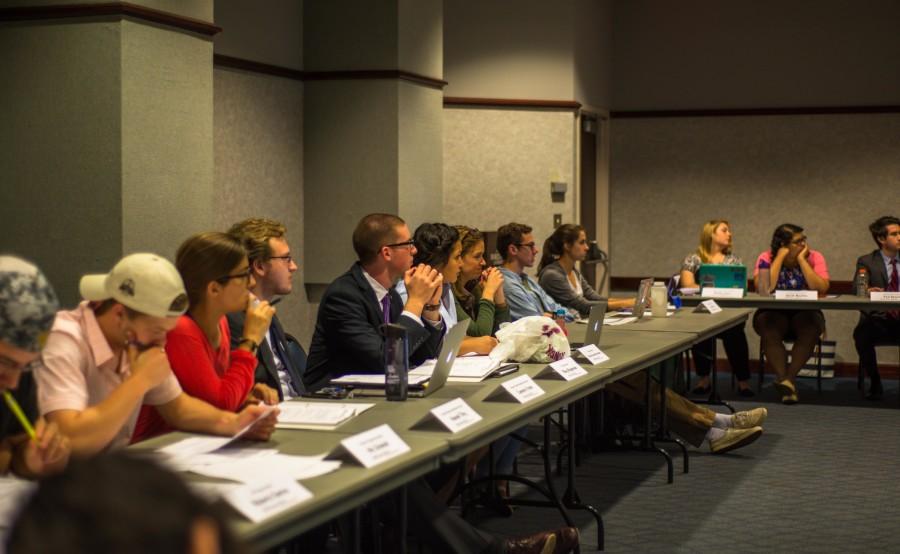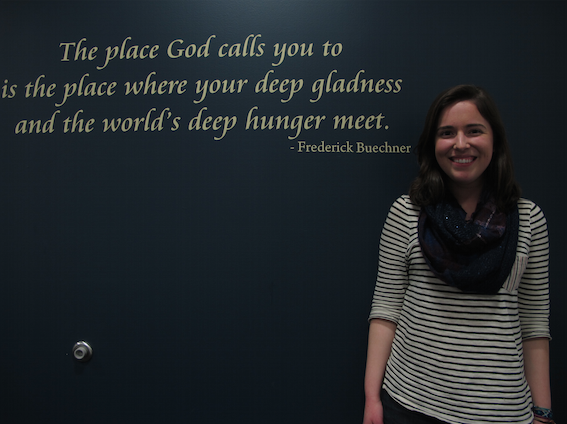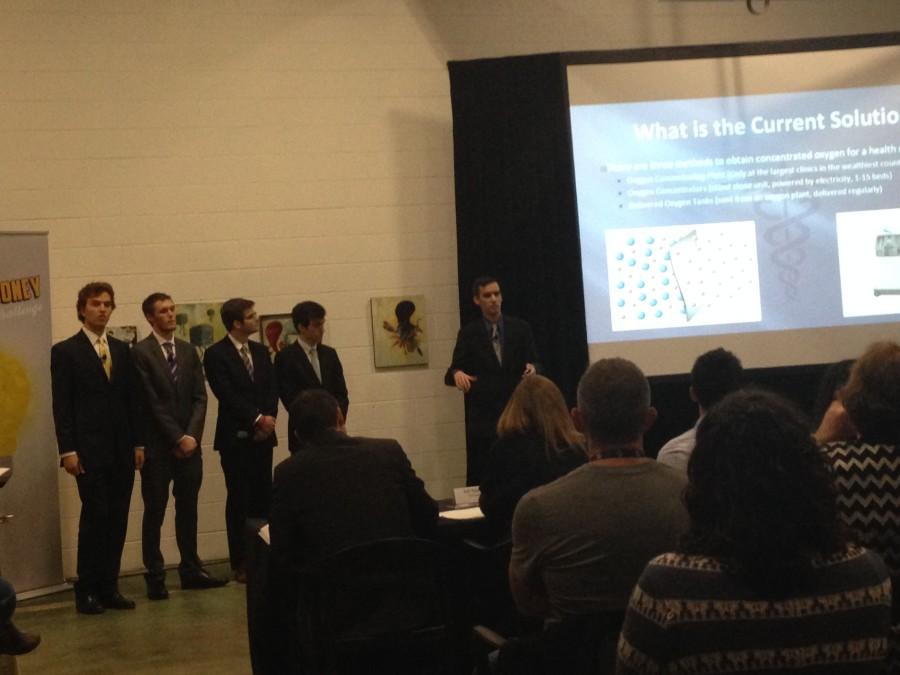The University of Wisconsin system and the Wisconsin Economic Development Corp. set up a $2 million fund Thursday to help commercialize innovative ideas from the system’s faculty and students.
All universities in the UW system, except the University of Wisconsin-Madison, are eligible for the funding.
According to an article in the Milwaukee Journal Sentinel, up to $25,000 will be awarded to recipients who are in their first stages of determining the marketability of their product or idea, and $50,000 will be given for a more developed business-model.
While Marquette does not have such a funding program in place, it does have similar programs dedicated to promoting innovation.
Brian Dorrington, senior director of university communication, said Marquette’s plan for funding innovative ideas is to “infuse innovation throughout academic areas, student programs and university operations.”
“Because of this,” Dorrington said, “there is not one central system for funding innovative initiatives, which are taking place all over campus.”
One such example of a Marquette program is the Kohler Center for Entrepreneurship, which according to Dorrington, “fosters new ventures, encourages innovation and promotes entrepreneurship.”
Students, staff and faculty selected for a position at the Kohler Center receive free incubating space for their business, access to a professional mentor and have all the amenities and facilities of the center at their disposal.
The Kohler Center also runs a competition known as “ImpactNext,” now in its second year, that provides seed funding of $2,000 to its grand-prize winner.
In 2013, Angela Moragne, a Marquette alumna, received the prize for her work that aimed to eliminate urban food deserts by providing a farm-to-table food delivery service.
Another service Marquette provides is the “Social Innovation Initiative,” which is “committed to attacking root causes of social problems with sustainable models that increase human capability,” Dorrington said.
The initiative’s “Good Money Challenge” offers similar benefits to the Kohler Center’s, but aspiring entrepreneurs must submit business models or ideas that include a social or environmental impact, according to the university’s website. Along the way, they accumulate mentors who help guide them to the next round. The finalists receive start-up funding for their social innovations.
Applications for the Good Money Challenge are due April 28.

